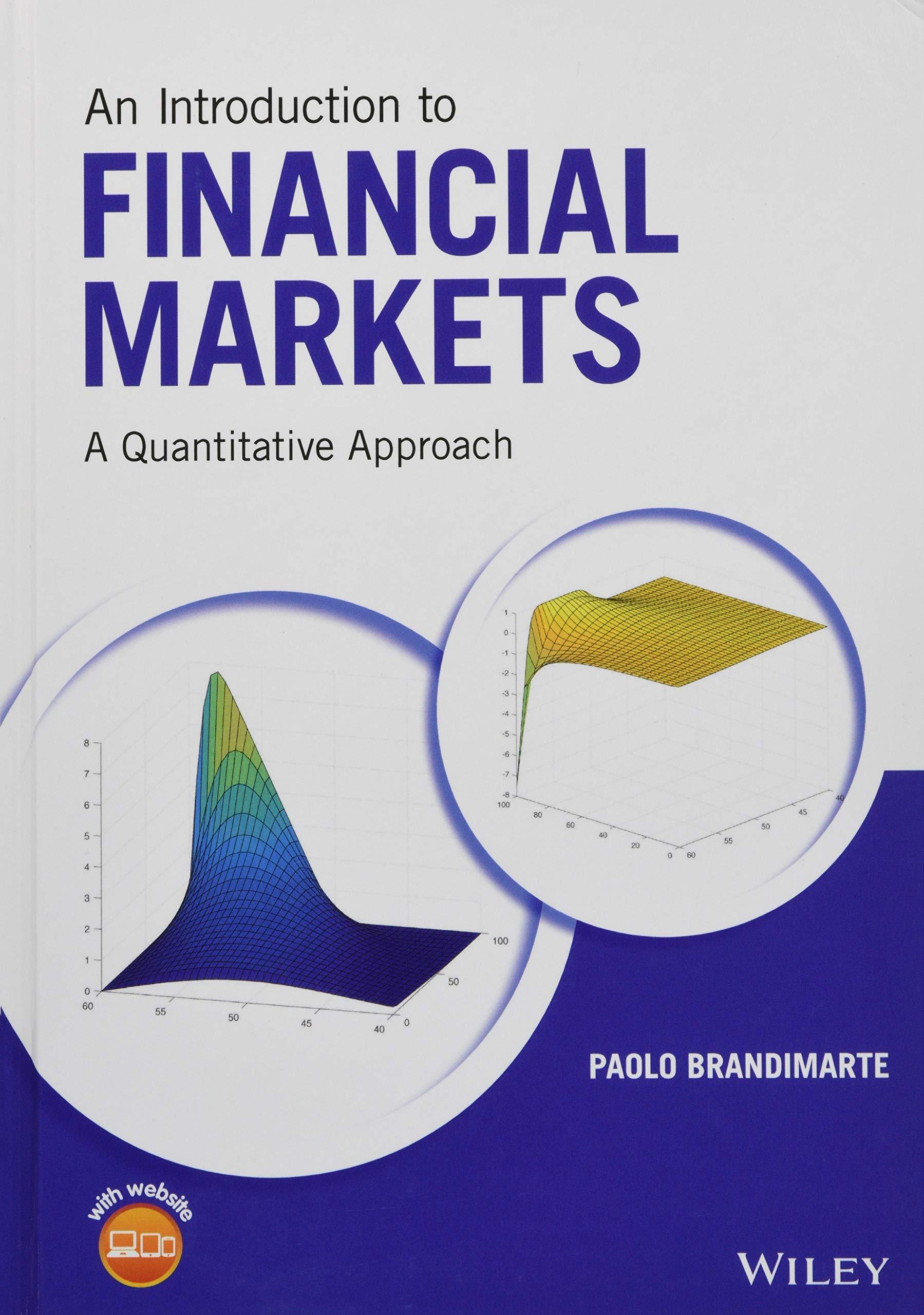In a deep and liquid market, a trade has little impact on prices, but markets may get
Question:
In a deep and liquid market, a trade has little impact on prices, but markets may get thin and, needless to say, they have a nasty habit of doing so at the least favorable moment. Consider a hedge fund financing the purchase of assets by borrowing money. We will see later that this strategy is called margin trading. In the balance sheet of the hedge fund, the borrowed money contributes to the liability side, whereas the purchased assets are on the asset side. Equity, which is the difference of the two sides of the balance sheet, will float with the value of assets, whereas the liabilities are what they are. Quite often, hedge funds purchase rather illiquid and risky assets, either to earn some additional return, or as a part of a complex trading strategy. In fact, this is why we can redeem shares of a common fund at short notice, but doing so with a hedge fund requires much more time, as complex trading strategies involving illiquid assets are not so easy to unwind.
Under market stress, a flight to quality may occur, whereby market participants sell risky assets in order to rebalance their portfolios toward safer assets, like sovereign bonds of a quite solid country. As a result, asset values may be considerably reduced, eroding equity of hedge funds. The thinner the market, the larger this effect.
Well-intended regulations specify that a minimum safety cash margin must be maintained in order to preserve equity. Hence, when equity is eroded, the fund may be forced to liquidate assets to raise additional cash. But when this happens in bad times, a vicious feedback cycle may arise. We need to sell illiquid assets to raise cash, which in turn leads to further a reduction in the market price of the assets, forcing additional sales. It may even be the case that potential buyers are aware of the state of the matter and have a strong incentive to wait for a further reduction of the price asked by a fund in desperate need of liquidity.
This liquidity trap was a key factor in the famous near-collapse of Long Term Capital Management (LTCM) in 1998. As a consequence of Russian default of bonds, market nervousness ensued, leading to a drop in the market prices of risky securities, with a huge impact on the highly leveraged portfolio of the fund. Similar issues arose in the more recent subprime mortgage crisis: Illiquid assets could not be liquidated because of a market crunch. Thus, investors in need of cash were forced to sell liquid securities, like stock shares, leading to a collapse in equity markets as well.
Step by Step Answer:

An Introduction To Financial Markets A Quantitative Approach
ISBN: 9781118014776
1st Edition
Authors: Paolo Brandimarte





